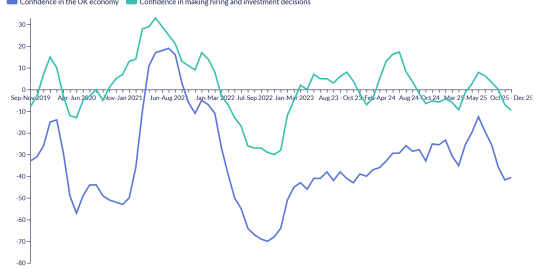Every once in a while along comes a product or service that changes the whole way an industry works.
Consider for a moment the impact of the jet plane on the transatlantic liner business or TVís on Cinema chains.
One minute you have leading edge technology, next your product is obsolete! Just ask Kodak about the impact of digital cameras!
One of the most profitable businesses in the 20th century was the newspapers and their ìrivers of goldî, the revenues from classified adverts.
Mass markets were serviced by mass production and these mass markets demanded mass marketing. At the time nothing was better than newspapers and the grip they had over their readers.
That is until the World Wide Web came along and as internet use grew, more and more advertising pounds were transferred from print onto the net.
According to internetworldstats.com:
ìUK ranks as the 7th country in the world for Internet usage with 43.7 million users, over 70% of the total population.
Over 40% of the British connect to the Internet using a type of high-speed connection, compared to just a third in the US. ì
So the British love the internet, and the growth of online business is phenomenal. Itís no wonder if you are looking to rent a house, buy a car or find a job – itís on the internet you look. Talking specifically about job advertising and job seeking Robbie Cowling, founder of the first internet job board in the UK, JobServe.com said, îIn the first instance job boards were places to find job adverts that looked just like they did in print.
The extra convenience of using the internet is that you can apply immediately you see the advert online and it is accessible 24/7
ìBoth professional recruiters and job seekers quickly saw this was the new paradigm and although corporate recruiters have, up until recently, been slower to adopt – job boards are now definitely considered to be the new business model for recruitingî Robbie added.
In fact, the professional recruiters have had a bonanza from what they first suspected could be a threat.
Making the recruitersí job in finding suitable candidates easier during a time of skills shortages meant they were able to earn more fees and rapidly expand their businesses.
Corporate employers on the other hand werenít sure where to look. They knew the newspaper adverts were no longer providing the candidates to fill their vacancies but they didnít yet fully understand the job board industry, so they went along to the professional recruiting firms to fill their vacancies.
Over the last 10 years this has resulted in the rapid expansion of recruiting firms as they knew exactly how best to advertise job vacancies on the internet and this further accelerated the shift from print to online.
But the pricing model for adverts posted on the internet stayed the same as the old print model. This was despite the professional recruiters charging on a pay for placement model. They didnít mind the cost as their margins grew rapidly due to the expense of internet advertising being relatively small.
This is where JobServe, the worldís first job board, saw flaws in the new model.
The internet measures everything – who clicks where and when. So job boards know how many candidates view each advert (something newspapers canít do!) and how many applications each job gets.
But job boards still charge recruiters the same for an advert whether it gets 20 applications or none.
The shift in pricing model will drive down revenues of the job boards that fail to perform and could see a further shakeout in the industry.
In addition, corporate recruiters will be attracted to the model, particularly to job boards which provide additional features like the ability to filter out the best candidates.
With more technology being applied to online recruiting, todayís leading brands are facing a stiff challenge from the smaller, technically-driven job boards.
Cowling says, ìthe old ëpay and prayí pricing model was a legacy issue from the print days and we have recently introduced our alternative offering of a ëP4Pí model (pay for performance)î.
ìThe future for the recruiting industry lays not only online but also in only paying for what is delivered.
Recruiters only get paid for placements, so we job boards should only get paid for applicationsî, he added. In such a dynamic and fast changing industry as the internet, itís the ìsecond bounce of the ballî that counts (Ronald Cohen, 2007).
JobServe Continues to Revolutionise the Online Industry

Every once in a while along comes a product or service that changes the whole way an industry works




